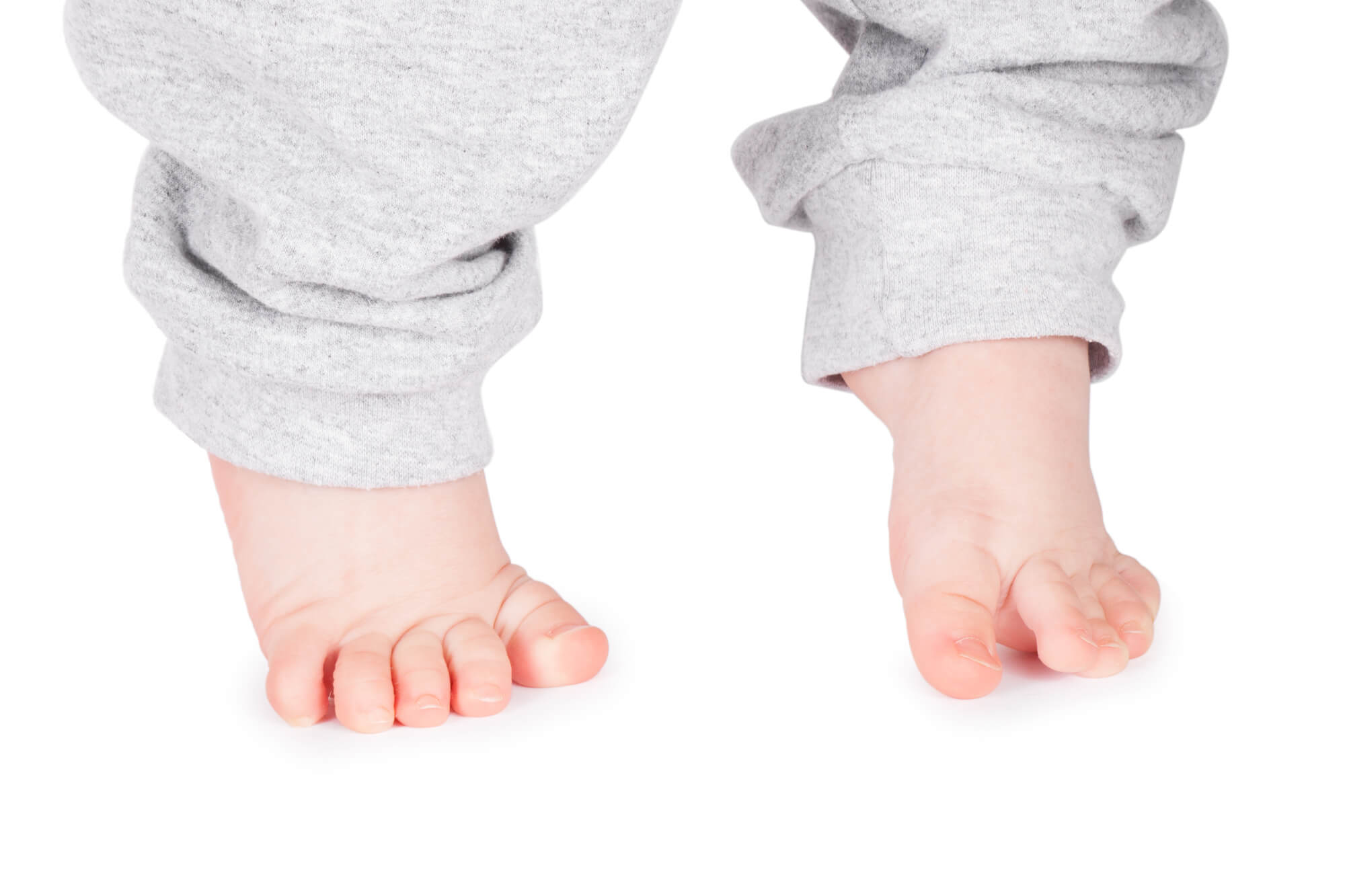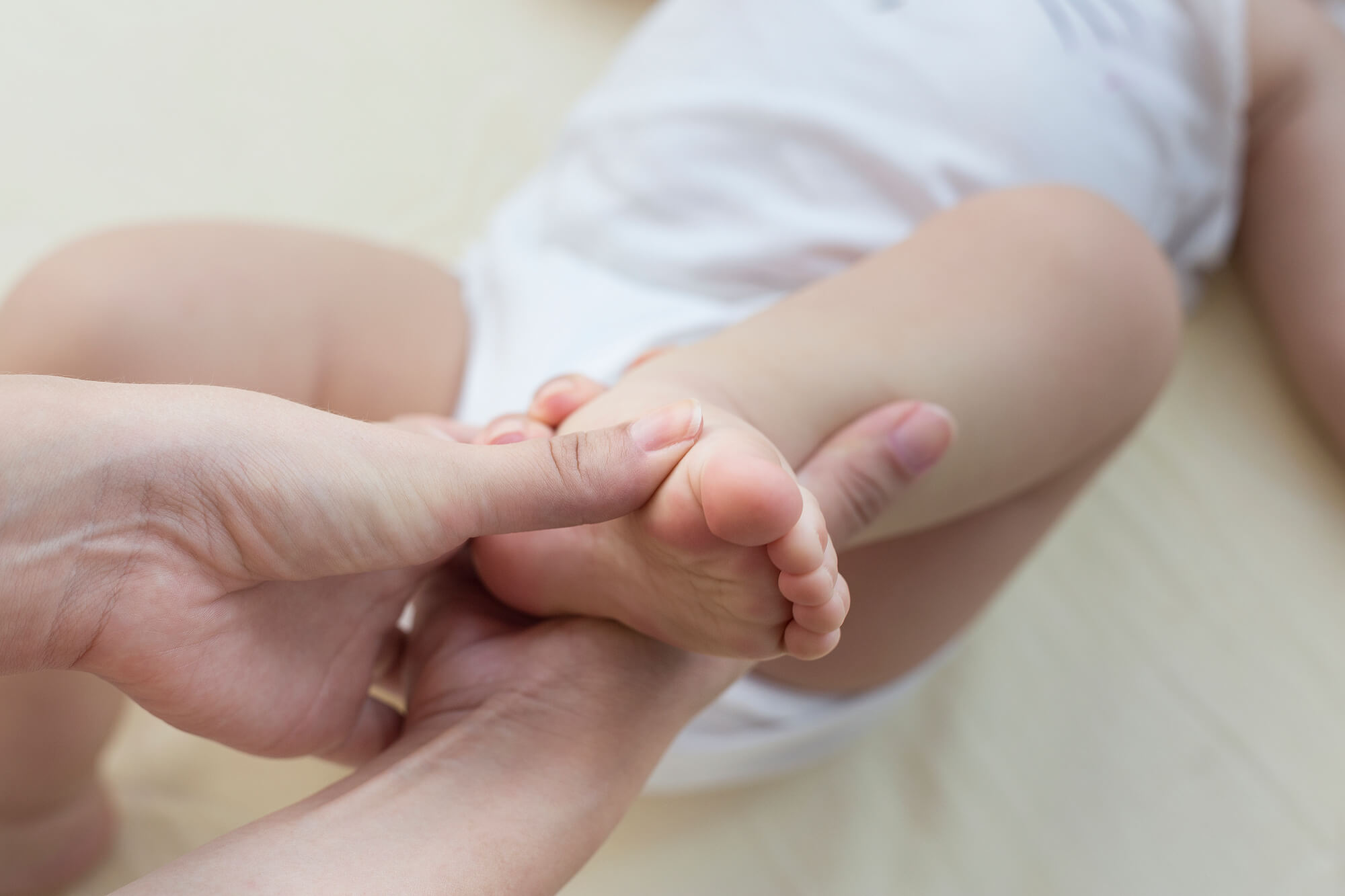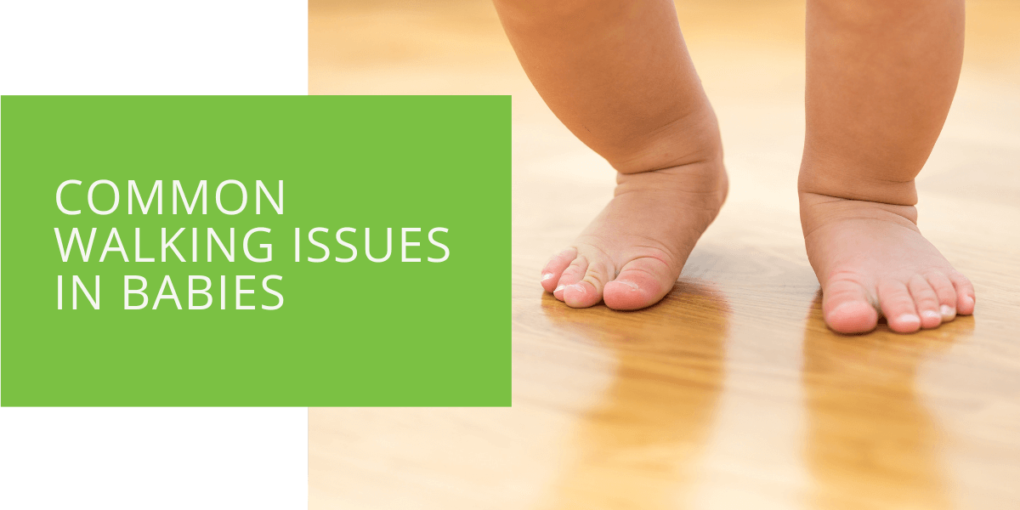Common Walking Issues in Babies
Babies learn to walk between 9 and 18 months, and it's an exciting milestone for parents. However, not all babies develop at the same pace, and some may experience walking issues that can cause concern. As a parent, it's essential to monitor your baby's walking development and look out for common walking issues such as delayed walking, toe walking, flat feet, and bow legs. Understanding these issues and when to seek medical attention from a podiatrist or pediatrician is crucial for ensuring that your baby's walking development is on track. This article will discuss common walking issues in babies, their possible causes, and when to seek medical attention. We'll also provide tips for parents to help their babies develop healthy walking habits.
Delayed Walking
Delayed walking is when a baby hasn't taken their first steps by 18 months. There can be several reasons for this delay, including physical and developmental issues. Common causes of delayed walking include hip dysplasia, cerebral palsy, and muscular dystrophy.
If your baby or toddler is not reaching this critical milestone, seeking medical attention from a podiatrist or pediatrician is crucial. They can evaluate your baby's walking development and refer you to other specialists if necessary.
Intoeing
Intoeing, also known as pigeon toes, is a common walking issue in babies where the feet point inward instead of straight ahead. While this condition can be concerning for parents, it usually corrects itself as the child grows and is not considered a walking issue that requires treatment.
Intoeing can be caused by a variety of factors, including the way a baby was positioned in the womb or how their bones and muscles are developing. In most cases, no treatment is needed for intoeing.
Toe Walking
Toe walking is another common walking issue in babies. It occurs when a child walks on their toes or ball of the foot instead of their heels. Some babies may toe walk because it's more comfortable or because they're imitating older siblings or parents. However, persistent toe walking could be a sign of an underlying issue.
Possible causes of walking on the toes include developmental issues or neurological conditions such as cerebral palsy. If you notice that your baby is toe-walking, it's essential to seek medical attention from a podiatrist or pediatrician. Treatments for toe walking may include physical therapy, orthotics, or casting.

Flat Feet
Flat feet are when the arch of the foot is absent, causing the entire sole to touch the ground. Flat feet are common in babies and usually correct themselves as they develop. However, if your baby's flat feet are causing pain or affecting their walking, seeking medical attention is essential.
Possible causes of flat feet in babies include ligament laxity, heredity, or underlying medical conditions. A podiatrist or pediatrician can evaluate your baby's flat feet and recommend treatment options, including orthotics or physical therapy.
Bowlegs
Bowlegs is when the legs curve outward, causing the feet to be further apart than the hips. Bowlegs is common in babies and usually correct themselves as they develop. However, if your baby's bow legs are severe, they could affect their walking development.
Possible causes of bowlegs in babies include genetics or developmental issues. A podiatrist or pediatrician can evaluate your baby's bowlegs and recommend treatment options, including orthotics or surgery.
Tips for Preventing Walking Issues
While walking issues can be common in babies, there are several things parents can do to encourage healthy walking habits and prevent potential issues from arising. Here are some tips to help promote proper walking development in your baby and toddler:
Encourage Tummy Time
Tummy time is an essential activity for babies that can help strengthen their neck, back, and arm muscles. Babies can develop the necessary strength and balance to take their first steps by strengthening these muscles. As a parent, you can encourage tummy time by placing your baby on their stomach for a few minutes several times a day. Supervise your baby during tummy time and offer plenty of encouragement and support.

Provide Proper Footwear
Proper footwear is crucial for promoting healthy walking habits in babies. When choosing shoes for your baby, ensure they fit well and provide proper support. Too tight or loose shoes can affect a baby's gait and lead to walking issues. Additionally, you should avoid shoes with stiff soles, preventing the foot from bending properly and leading to flat feet.
Allow Crawling
Crawling is another critical activity for babies that can help prepare them for walking. Crawling helps develop the muscles in the arms and legs and the core muscles that are essential for balance. Encourage your baby to crawl by creating a safe and comfortable space for them to explore.
Provide a Safe and Stimulating Environment
Finally, providing your baby with a safe and stimulating environment can help promote healthy walking habits. A safe environment will allow your baby to explore and move around freely without injury. A stimulating environment will encourage your baby to be active and engage in activities that will help strengthen their muscles and promote healthy walking habits.
By following these tips, parents can help encourage healthy walking habits in their babies and prevent potential walking issues from arising. Consult a podiatrist or pediatrician if you have concerns about your baby's or toddler's walking development.
Conclusion
Parents must monitor their baby's walking development and look for common walking issues. Early intervention and proper treatment from a podiatrist or pediatrician can address these issues and ensure that your baby's walking development is on track. Additionally, encouraging your baby to engage in tummy time, crawl, and wear proper footwear can help prevent walking issues. By understanding common walking issues in babies, parents can help their babies develop healthy walking habits that will benefit them for years.

